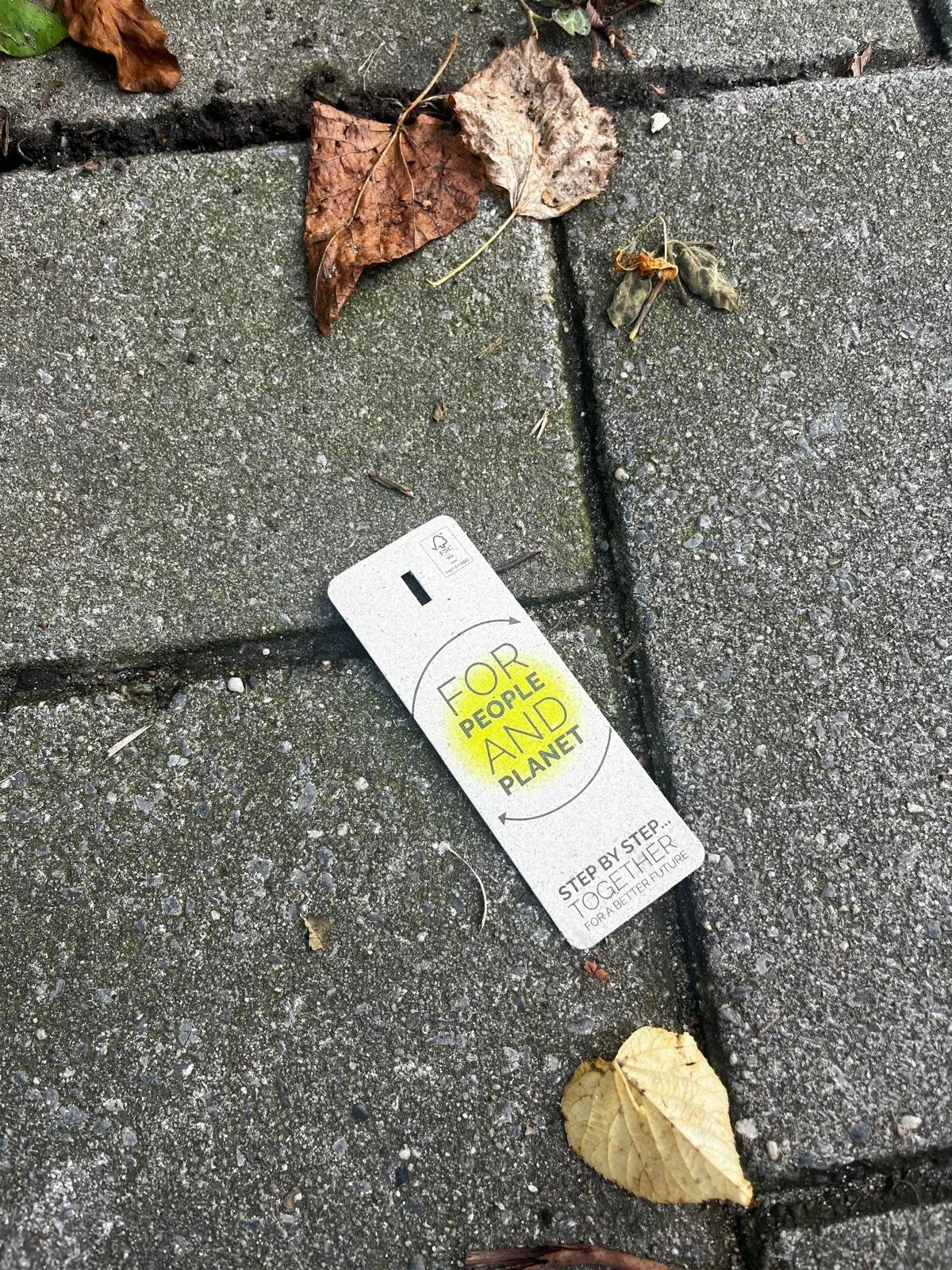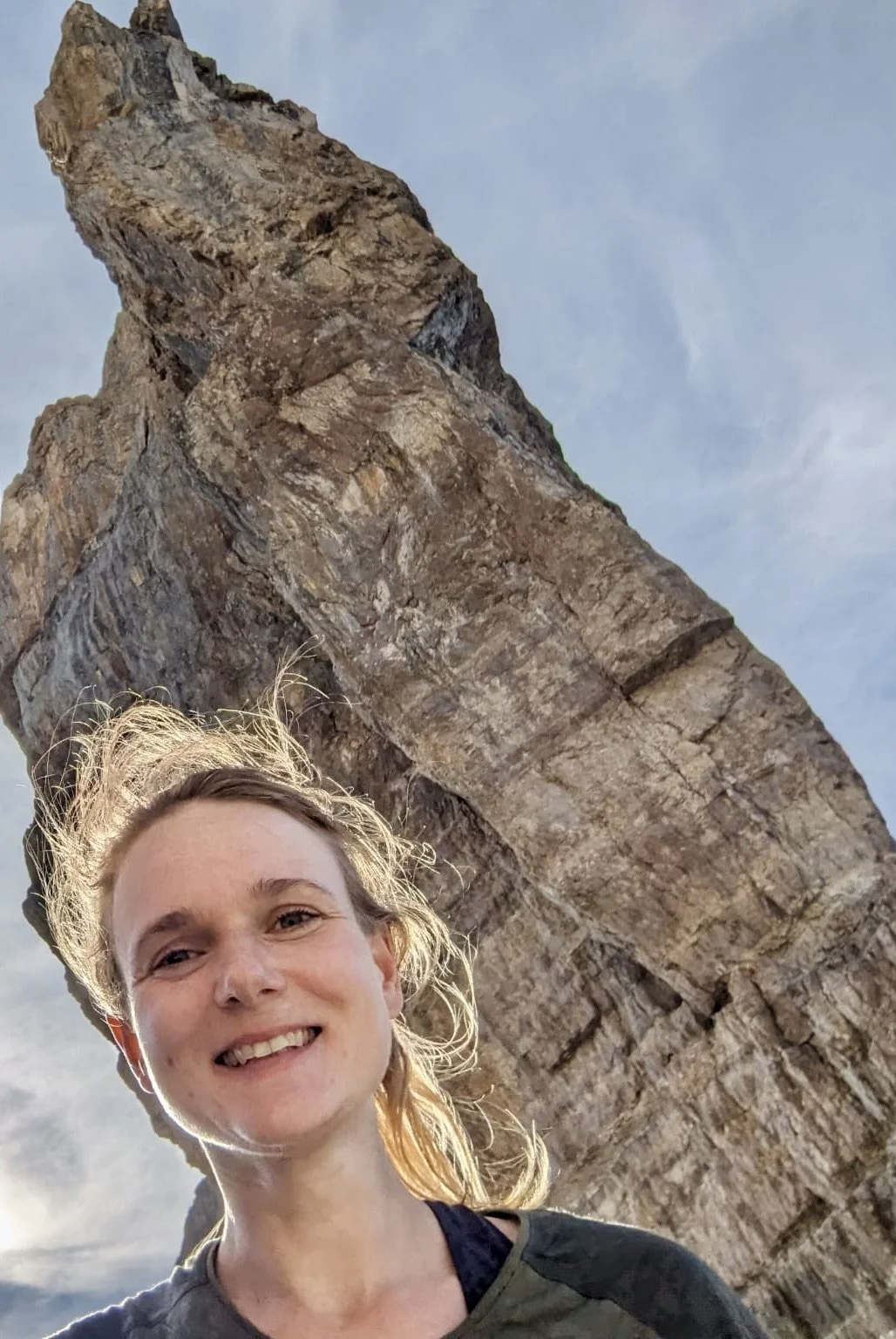About
Combining critical socio-legal analysis with cutting-edge theoretical debates, the Legal Geographies of Climate Change project shows how law - through its knowledge practices, materialities, and aesthetics - links climate change to particular places and how these processes shape how responsibilities are allocated and how justice may be achieved.
While accumulating greenhouse gas emissions present a shared planetary risk that requires collective action, locally experienced climate harms often affect those who have not significantly contributed to atmospheric emission stocks.
The planetary perspective theorizes the scope of human-inflicted climate harms and promises to galvanize urgently needed political action. It struggles, however, to account for their uneven geographic distribution.
Dr Laura Mai
The Legal Geographies of Climate Change project is led by Dr Laura Mai.
As an interdisciplinary socio-legal researcher, Laura’s expertise cuts across international and transnational climate law and governance. She has investigated how national governments, global city networks, financial institutions, philanthropic foundations, and digital infrastructure providers have become enrolled in the global effort to address climate change. Laura has hands-on experience in applying multiple research methods, including doctrinal legal analysis, empirical research methods (archival work, interviews, focus groups, ethnographic observations), and conceptual inquiry.
Laura holds a PhD in Law from King’s College London and an LLM from the University of Cambridge. Outside of academia, Laura has worked in private legal practice in London, Brussels, and Hong Kong, and she was appointed as a consultant for the UN Climate Change Secretariat. Laura has advised climate NGOs in the UK and Germany and provided expert evidence to the British Parliament’s All Party Group on Climate Change.
Prior to joining the University of Amsterdam, Laura worked as a postdoctoral researcher for the Constitutionalizing in the Anthropocene research group at Tilburg University in the Netherlands. She also holds a position as a Honorary Research Fellow at the University of Birmingham in the UK.
Laura’s publications are available here.

